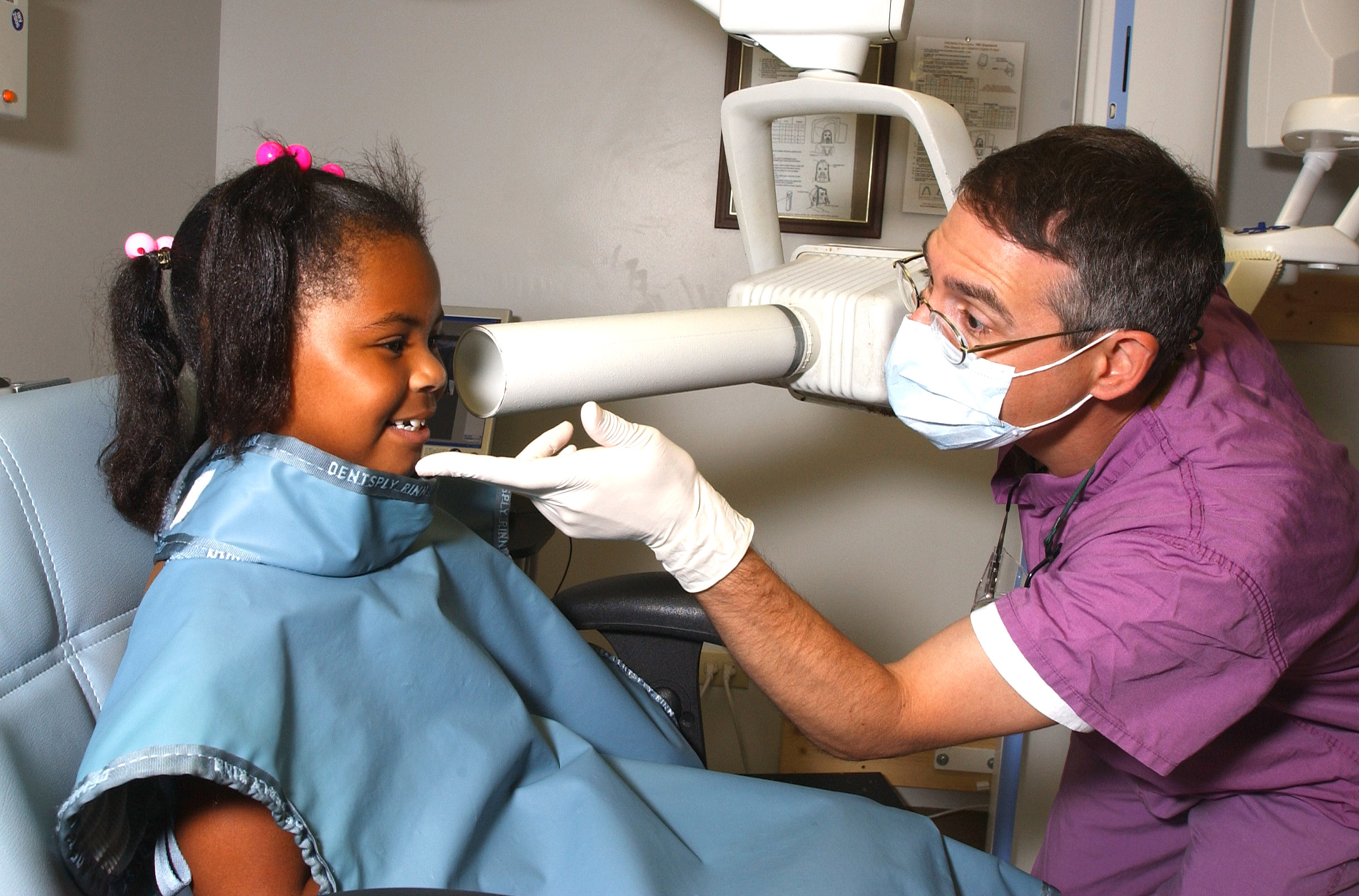Kingston Medical Malpractice Attorney Explains Dental Malpractice: What You Need To Know
Dental Malpractice
Medical malpractice occurs when a physician, providing a patient with treatment, falls below the standard of care that physician is held to and results in an injury or death of the plaintiff. This theory of liability extends further to healthcare providers such as dentists. Much like medical malpractice, dental malpractice occurs when a dentist harms their patient through an act of incompetence or negligence. Additionally, like medical malpractice, when claiming dental malpractice, the patient must prove that the dentist did not follow the accepted standards of care. It is scary enough going to the dentist, but concerns about potential injuries are very much valid, just like they are when going for a medical procedure.
Patients who have experienced dental malpractice may be entitled to damages for things such as pain and suffering and even future losses. Minor injuries sustained by patients, however, will not typically hold up in a court of law. Some examples of dental malpractice in which the plaintiff may have a cause of action include situations pertaining to periodontal disease not diagnosed in a timely manner, or not treated appropriately. Additionally, cases that do go forward have also included, but are not limited to, nerve damage sustained during a dental procedure, permanent or temporary numbness, TMJ disorders, complications that stem from negligent completion of crowns and bridges, complications from anesthesia, molestation under sedation, or even death.
In New York, the statute of limitations for bringing a dental malpractice claim is the same for bringing a medical malpractice claim. Therefore, a patient bringing a dental malpractice claim must bring it within two years and six months.
According to the American Dental Association (ADA), dental malpractice claims in 2003 had decreased going from 3.96 percent in 1999 to 2.86 percent. However, these statistics only represent those claims that have been reported. Many believe that there are more dental malpractice claims that are just going unreported. Some reasons for such claims going unreported include patients not knowing their legal options, or even encountering legal roadblocks.
To check to see if your dentist has previously been cited for dental malpractice, patients can check the Illinois Department of Financial and Professional Regulation website. Such information is public information and can be looked into. Patients will also be able to see if their dentist has previously been charged with non-medical problems on the website.
If you or someone you know has experienced dental malpractice, our experienced medical malpractice attorneys are ready to help you determine if you have a case. Our attorneys will work one on one with you to help you understand your rights. We will work to get you the damages you may be entitled to.
